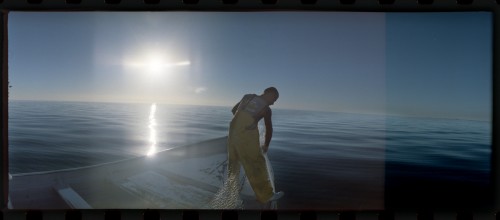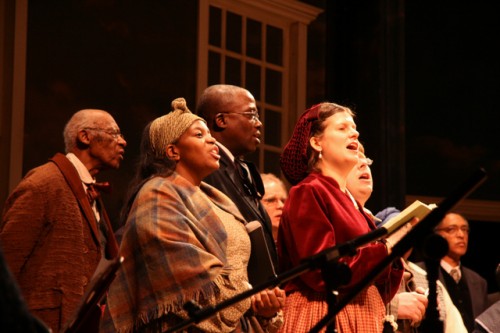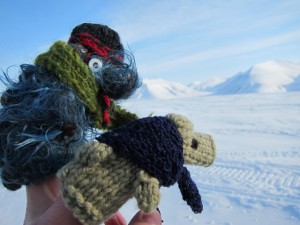 Ann: In the last year or more or so, science writers have had Twitterfights with a culture/media writer, a nonfiction writer, and a script writer. After the latest fight another science writer, the wise and civilized Dan Vergano of USA Today, Twitter-messaged me that he wished these fights would stop because they reinforced the walls around the science ghetto. “GUEST POST!” I said. “I’d rather make it a conversation,” he said. So, Dan: I never heard of the science ghetto. Does that mean I’m so far inside it I didn’t know it had an outside?
Ann: In the last year or more or so, science writers have had Twitterfights with a culture/media writer, a nonfiction writer, and a script writer. After the latest fight another science writer, the wise and civilized Dan Vergano of USA Today, Twitter-messaged me that he wished these fights would stop because they reinforced the walls around the science ghetto. “GUEST POST!” I said. “I’d rather make it a conversation,” he said. So, Dan: I never heard of the science ghetto. Does that mean I’m so far inside it I didn’t know it had an outside?
Dan: Ann is making a funny with her question. Her book, The Jasons: The Secret History of Science’s Postwar Elite is exactly the kind of look at the real-world intersection of science and militarism that I think matters more than one more story about a snub-nosed dinosaur.
Ann: Oh well then. In that case, I completely see the force and rationale in your argument. No — vanity aside for one second — really, I still don’t know what the science ghetto is. And what’s the problem with stories about snub-nosed dinosaurs?
Dan: The idea, and it comes from the redoubtable Tom Hayden, is that science reporting has largely become a secret garden walled off, and walling itself off, from the rest of the world. Instead of reporting on the scientific aspects of news stories — whether Iran really will have the bomb, whether Quantitative Easing will spark inflation, whether Peak Oil is a real concern — we write pretty entertainments about mummies, exploding stars and the sex life of ducks. All that stuff is great, but it is a news diet of ice cream and cookies without any sirloin. And it has contributed to the trade being regarded as a low-prestige, low-value part of news. Continue reading →






 Oh, Chanel, you were such a tease. Maybe I should have figured that out from your fancy name, or from your Facebook page. When I look back, it’s not that you posted anything actually untrue, but you did get me all excited about your debut, your flowering, your
Oh, Chanel, you were such a tease. Maybe I should have figured that out from your fancy name, or from your Facebook page. When I look back, it’s not that you posted anything actually untrue, but you did get me all excited about your debut, your flowering, your 